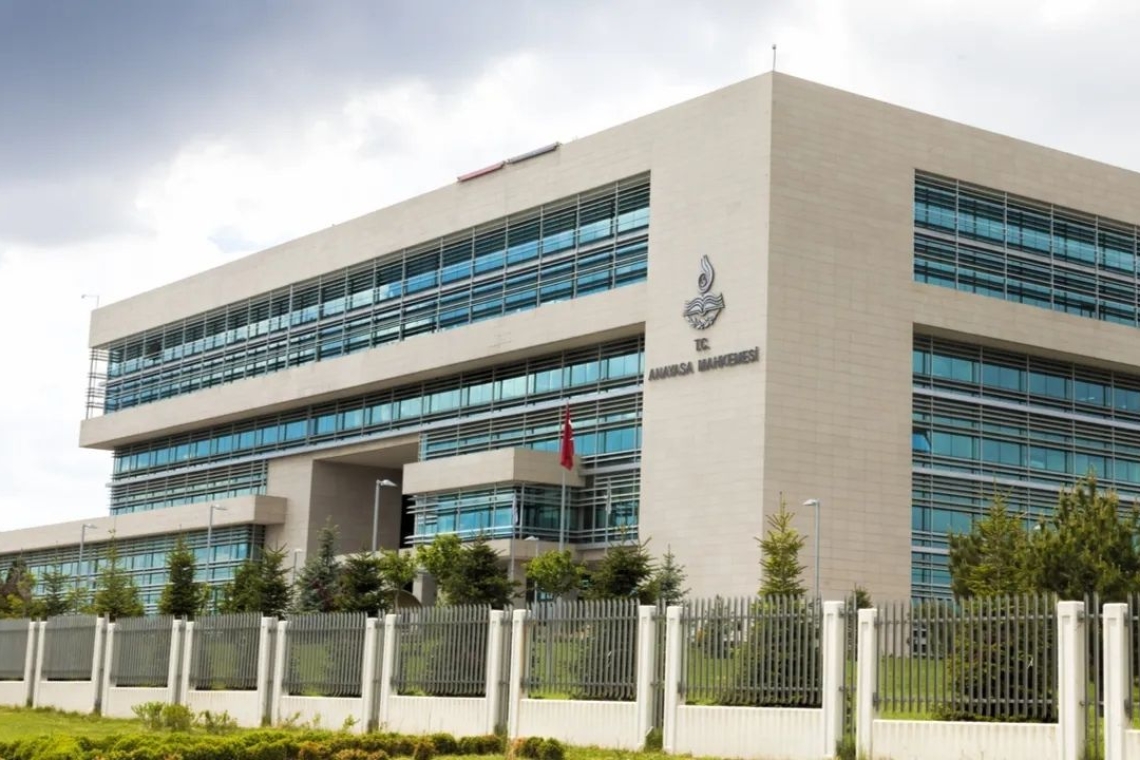Turkey’s Constitutional Court has issued a landmark ruling in the case of journalist Sedat Yılmaz, finding that his right to liberty and security was violated due to a secrecy order imposed on the investigation file during his pre-trial detention. The decision marks a significant shift in the court's legal precedent regarding restrictions on access to case files.
The ruling came in response to an individual application filed by the Media and Law Studies Association (MLSA), which challenged Yılmaz’s nearly 10-month pre-trial detention on grounds that he and his legal team were unable to access the evidence against him. The top court ruled that this restriction, imposed through a confidentiality order, prevented Yılmaz from effectively challenging the charges and constituted a violation of his constitutional rights. The court also ordered compensation.
Sedat Yılmaz, a journalist with outlets associated with the Kurdish media, was arrested on April 29, 2023, as part of a broader operation targeting Kurdish news organizations. He was detained for four days before being formally arrested on charges of membership in a terrorist organization. Despite multiple appeals, his detention continued for 291 days until his release. He was later acquitted of all charges, though the verdict is still under review in an appellate court.
MLSA filed the individual application on July 4, 2023, arguing that Yılmaz’s detention was based on his journalistic activities and that the secrecy order on the investigation file violated his right to liberty and security, as well as his freedoms of expression and the press. The application highlighted that Yılmaz’s legal team was denied access to the evidence, making it impossible to prepare an effective defense.
In its judgment, the Constitutional Court ruled that the use of a confidentiality order to withhold all information and documents about the reasons for detention violated Yılmaz’s rights. The court determined that the lack of access prevented him from understanding the allegations against him and from effectively appealing his detention.
In a departure from its previous rulings, the court revised its case law on investigative secrecy orders. It stated that such restrictions must be based on valid justification and must be necessary to achieve the aims of the investigation. The decision clarified that a general ban on defense access cannot be justified solely by the need to conduct an investigation and that detainees must be informed of the accusations against them in sufficient detail to mount a defense.
MLSA Co-Director Veysel Ok described the ruling as “historic,” emphasizing its potential impact on the treatment of journalists and others detained under terrorism-related investigations in Turkey. Ok noted that courts have routinely issued broad secrecy orders in such cases, severely limiting detainees’ ability to know and respond to the allegations. Until now, the Constitutional Court had been reluctant to declare these practices unconstitutional.
“With this decision,” Ok said, “the court has finally acknowledged that blanket secrecy orders without justification violate fundamental rights. This sets a critical precedent, especially in terrorism investigations against journalists.”
Yılmaz’s acquittal, which followed his prolonged pre-trial detention, is currently under appellate review.



